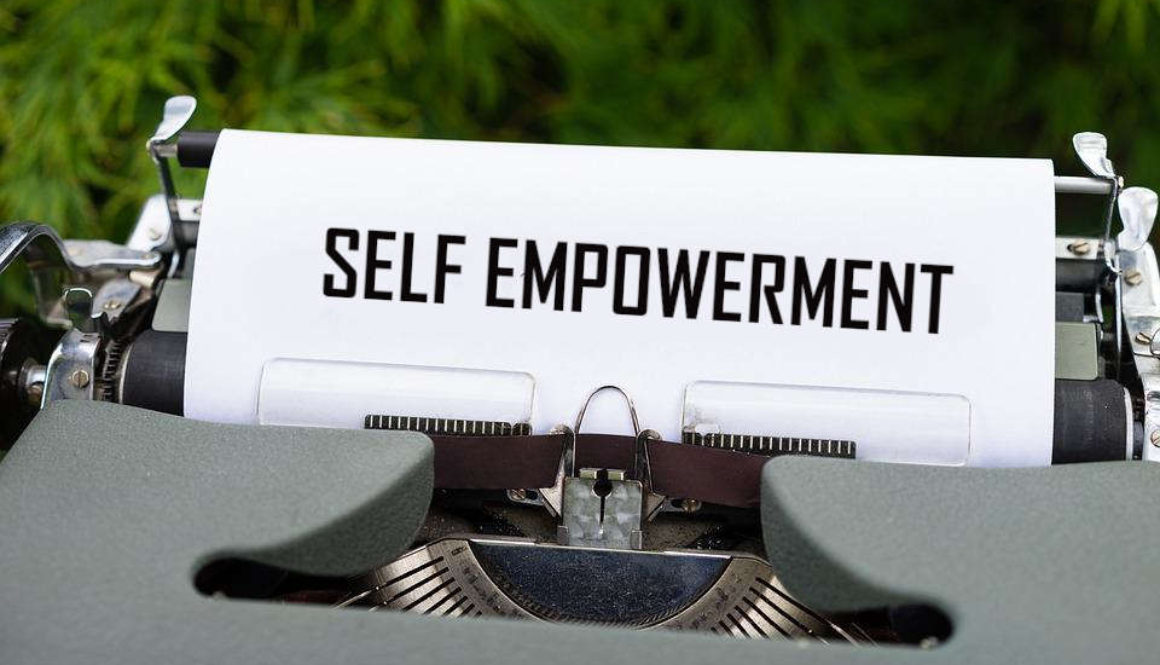Managing Anxiety
Dr. Carol Deas-Lopez • Jul 02, 2022
Dealing With Anxiety In Today’s Turbulent World
Okay, so besides the normal day to day hustle and immense stress of daily living in the modern world, we now have a pandemic to contend with.
Unfortunately, dealing with anxiety has become somewhat of a normal part of life for many individuals in the world today. Although this problem is not necessarily a new phenomenon, there are certain aspects of modern times that have served to exacerbate the issue.
Due to our world being so connected through the internet, social media and other forms of media, people today are not only exposed to the issues in their immediate environment, we are also shown all of the horrific things taking place across the globe. Furthermore, we are expected to juggle so many more responsibilities at one time, all while being as productive as possible.
Although anxiety certainly varies in intensity and frequency from person to person, there are a few ways to deal with the problem that are beneficial for anyone experiencing its symptoms. This article intends to discuss a few of these techniques that will help to alleviate anxiety, thereby minimizing stress levels and improving overall quality of life.
Live In The Moment
Although it may seem obvious when stated, the only point in time that we will EVER exist is right now. Ironically, most of us dedicate the bulk of our mental energy to the past or future. Anxiety can lead us to replay in our head past mistakes, constantly worry about things that have yet to occur, make us feel irritable or annoyed, and impact our sleep, digestion, and overall daily functioning. It can be a perpetual cycle of unhelpful thoughts, feelings, and behaviors that are not in our best interest.
Calming anxiety means learning to live in the moment, in other words, focusing all of our physical, mental, and spiritual energy on what is going on right now. Not only does this simplify life; it also allows us to get the most out of our precious time.
Trying to deal with our entire past and future on a constant basis makes it virtually impossible to appreciate what is right in front of us.
2. Control What Can be Controlled and Let go of the Rest
The truth is, many of the issues causing anxiety in our life are beyond our control. This includes global and community issues as well as problems in our personal life.
What we need to realize is that the weight of the world is NOT on our shoulders, even though at times it can certainly feel like it is. Anxiety tells us that we should be worried about solving problems that are completely out of our hands.
In reality, focusing (and I don’t mean hyper focusing) on the issues that we actually have the ability to resolve is a much healthier response to a problem-filled world, and, if possible, working on them one at a time to prevent overwhelm. Step #1 is recognizing and examining what we can realistically change and what we can’t.
3. It’s Okay To Not Feel Okay
Another side effect of anxiety is the feeling of isolation. People experiencing anxiety on a routine basis tend to feel like they are the only ones dealing with this issue. Because of this mindset, we often feel like everyone else is much happier than we are, like we won’t be accepted if others knew the extent of our anxiety. It is so important to realize that this is a false belief.
Everyone around us is experiencing some degree of anxiety or mental hang up. We are far from alone. It’s important that we not go through life acting as if everything is okay when it isn’t. The key is recognizing that our state of mind is temporary, and there are strategies we can use to feel better. One important strategy is asking for help from trusted friends’ family, or a professional.
4. Get Help If You Need It
Finally, if your anxiety is something you are having trouble dealing with on your own, then don’t! There is absolutely nothing wrong with seeking professional help for this or any issue. Ironically, our society welcomes getting help for minor physical ailments but acts as if doing the same for a serious emotional issue is taboo.
Consider this, if you had the flu, you would most certainly seek the appropriate doctor to take care of it. If you are dealing with anxiety, why would you not seek a doctor professionally trained in alleviating mental health issues? IT’s really a no brainer when you think about it. There is help out there! Be courageous and get it if you need it! You are worth it after all!
Some resources to consider in the U.S.:
www.NAMI.org
www.nimh.nih.gov/health/find-help
Wishing you all the best on your Divine Journey!
Dr. Carol Deas-Lopez

